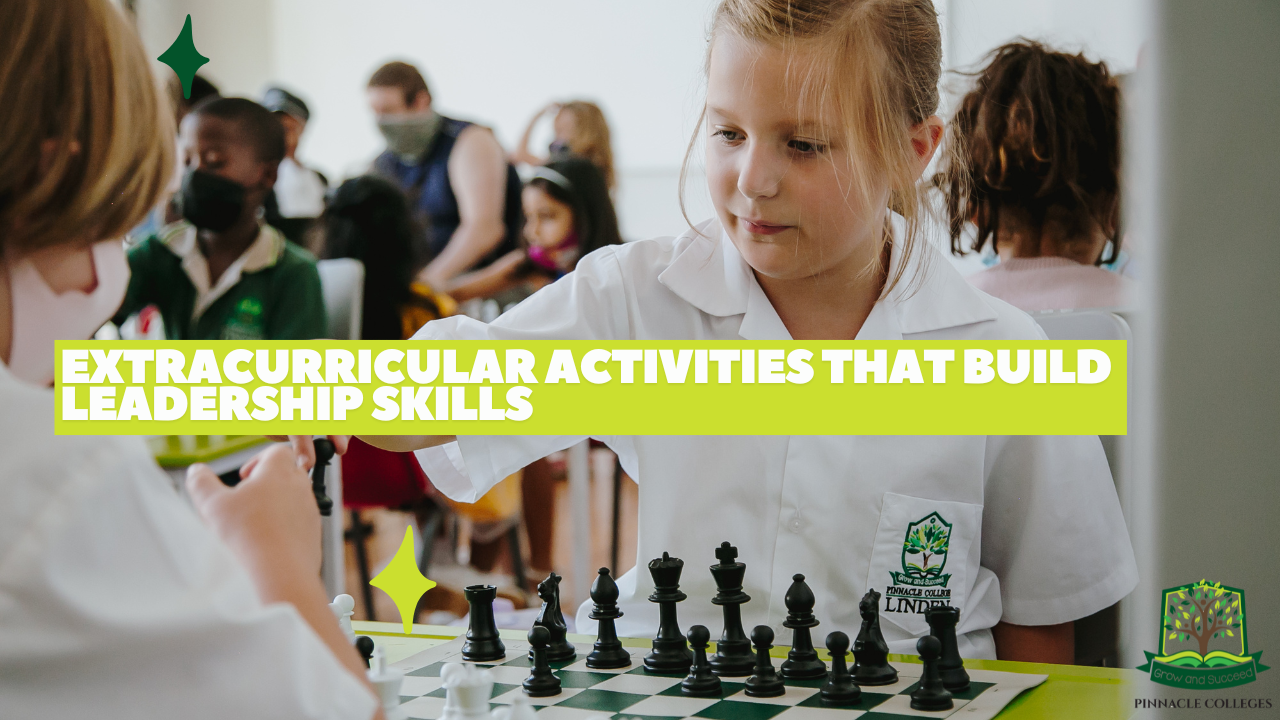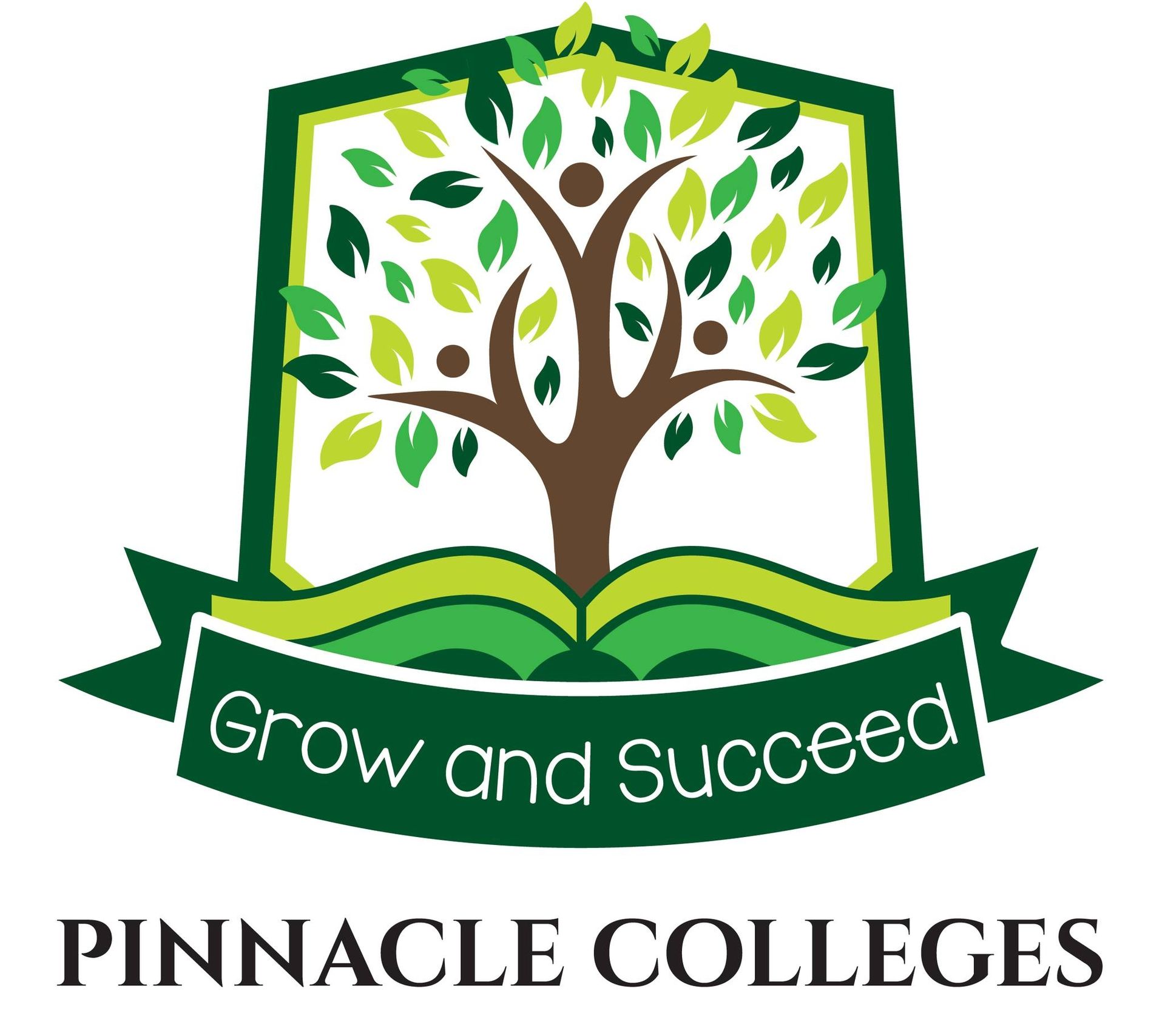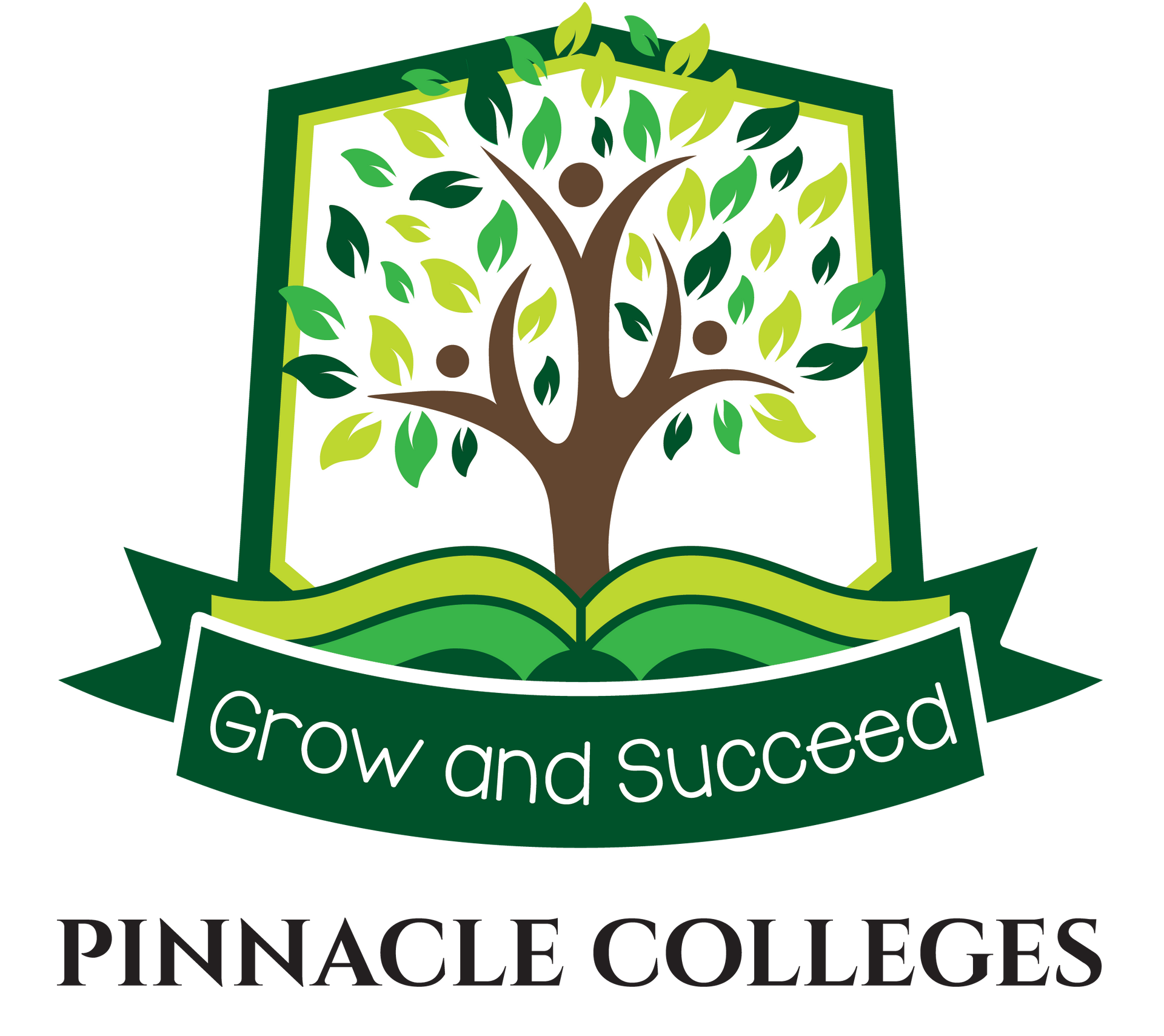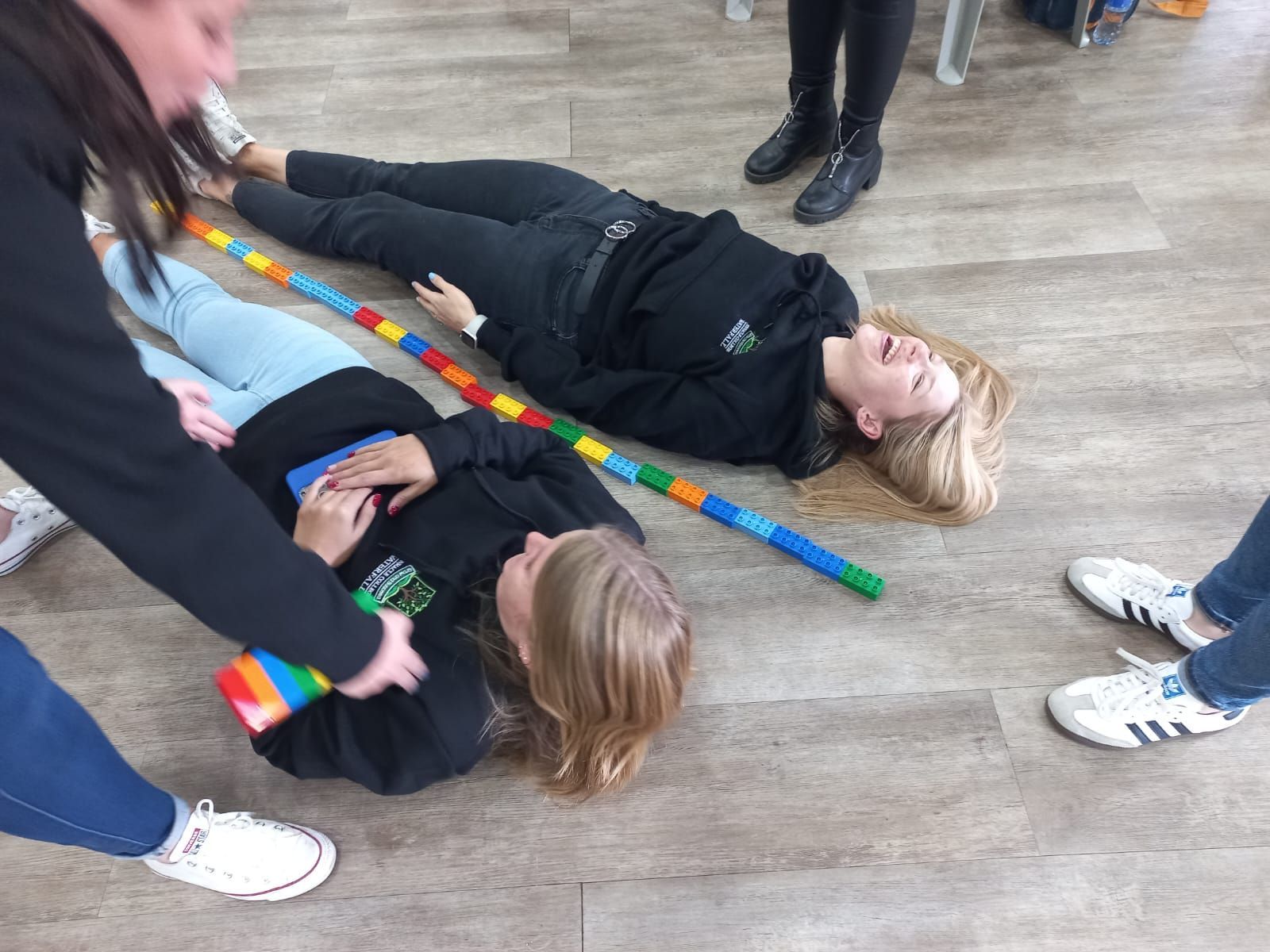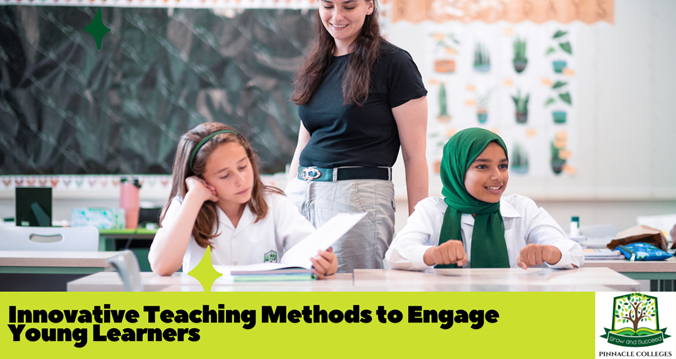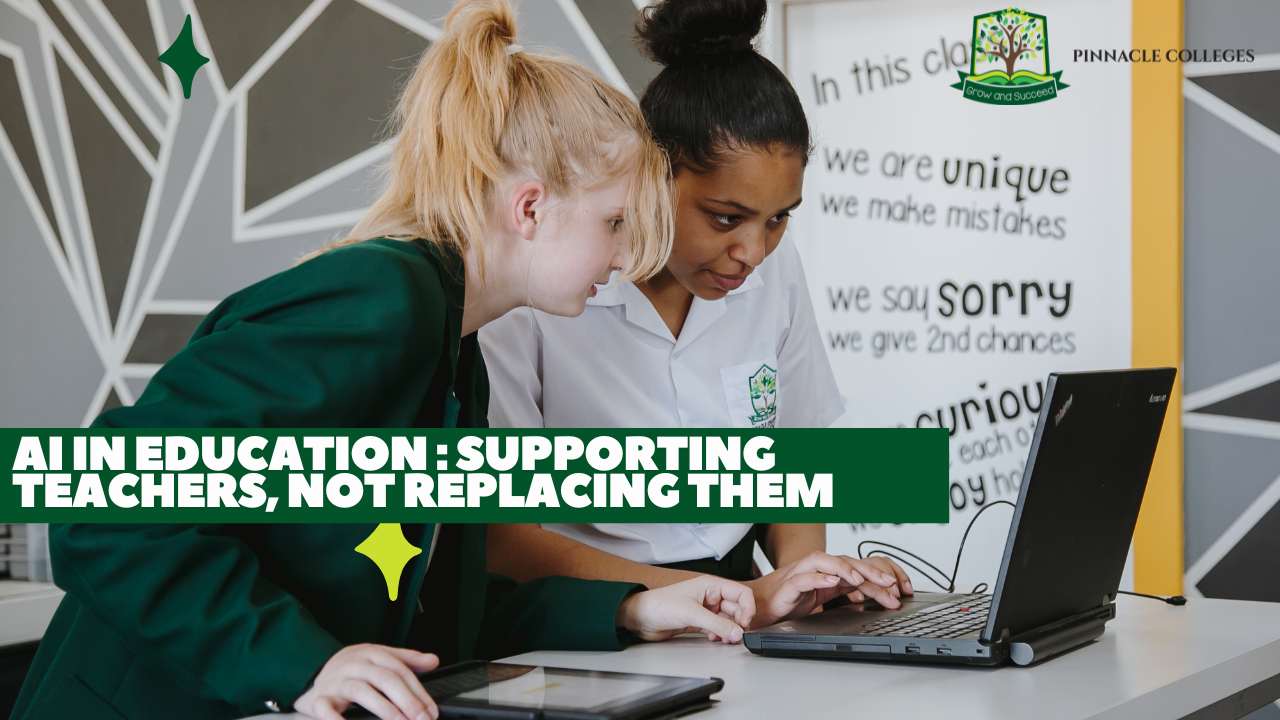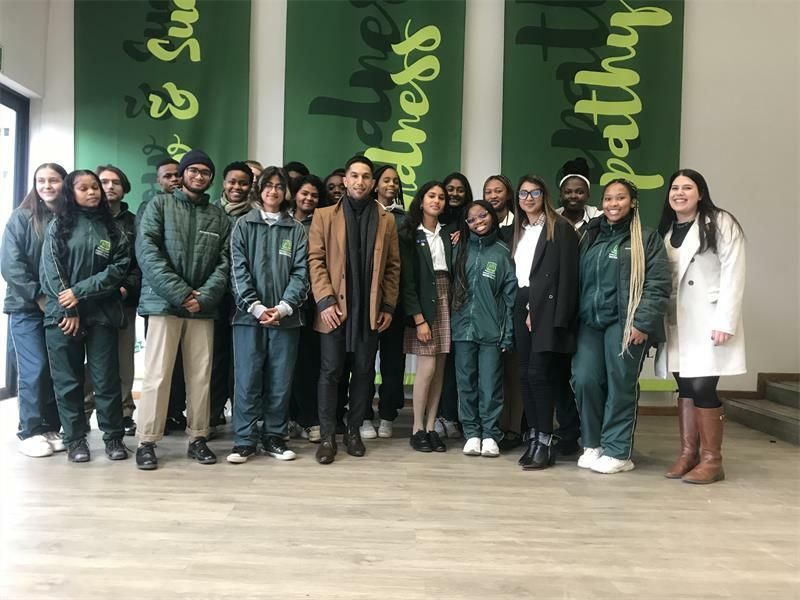HOW TO EVALUATE THE QUALITY OF A SCHOOL’S EDTECH OFFERING
As more and more South African schools work towards improving their tech offering in response to the need to prepare students for the future of work, parents should ensure they get a solid understanding of what is required from a high quality, holistic EdTech programme, an academic education expert says.
“While we may realise the importance of preparing children to navigate their future digital world, understanding what factors inform a programme which is based on academic excellence, and which incorporates the newest technologies while also focusing on digital citizenship, is crucial. Parents therefore need to view their school’s offering and promise of digital skills with a discerning eye,” says Nadia Dal Lago Nell, Academic Advisor: EdTech and Innovation (Schools Division) at ADvTECH, Africa’s largest private education provider.
Nell says it is very important for schools to seek to provide an enhanced educational journey by investing in their students through the integration of technology into the curriculum, as opposed to tech being a standalone educational unit.
“The result of technological integration into the curriculum is a more efficient and engaging educational experience. The need for digital literacy and the discerning use of technology by students is essential for them to continue to advance in their education and be equipped with relevant skills for their future workplace,” she says.
Schools which can give students the educational edge will have several of the following on offer: programmable robots, interactive coding platforms, Minecraft, 3D printers, iPads, laser cutters and even indoor drones.
“Ideally, schools should have dedicated EdTech spaces designed to suit their unique approach to technology and incorporate a variety of devices with a strong emphasis on collaboration. A practical EdTech Framework should also be central to the technology foundation that students are guided through.”
One question to ask your child’s prospective school, is whether they are aligned with ISTE standards, advises Nell.
ISTE (The International Society for Technology in Education) standards have been formulated by the world’s foremost organisation in teaching technology in the classroom, and comprise the following principles: The Empowered Learner, Digital Citizen, Knowledge Constructor, Innovative Designer, Computational Thinker, Creative Communicator, and Global Collaborator.
“An EdTech focused school will introduce the elements of the framework in their context as early as Grade 000 and follow through with this focus until the end of Grade 9, whereafter students will be well-versed in real-world tech-proficiencies. Some schools take this a step further and offer tech-based extracurricular activities, including for instance Robotics clubs.”
Nell says EdTech lessons equip students with future focused, transferable global skills that are necessary for success in all areas of life.
“The central skills here are creativity and problem solving which are taught through open-ended activities and emphasising the possibility of multiple solutions for any given problem. This provides students with a space for both collaboration and individual growth.”
An additional element of the EdTech Framework is Digital Citizenship.
“This engages students and shows them how to connect with one another, in an empathetic and safe way through digital tools, platforms and devices. Negative digital habits such as cyberbullying, irresponsible social media usage and unsafe use of the Internet are explained and strongly discouraged.
“Students’ safety, growth and well-being when exploring the world of technology must be emphasised at all times. Fortunately, most of the requirements to be a good Digital Citizen can be taught in the classroom and reinforced at home. Digital Citizenship is intended to give students a clear understanding of the interconnection between tech-life and real-life citizenship skills with the aim of creating knowledgeable, responsible, and mindful online interaction. A sound and well thought-out EdTech programme will prepare a student to face the digital world of tomorrow.”
